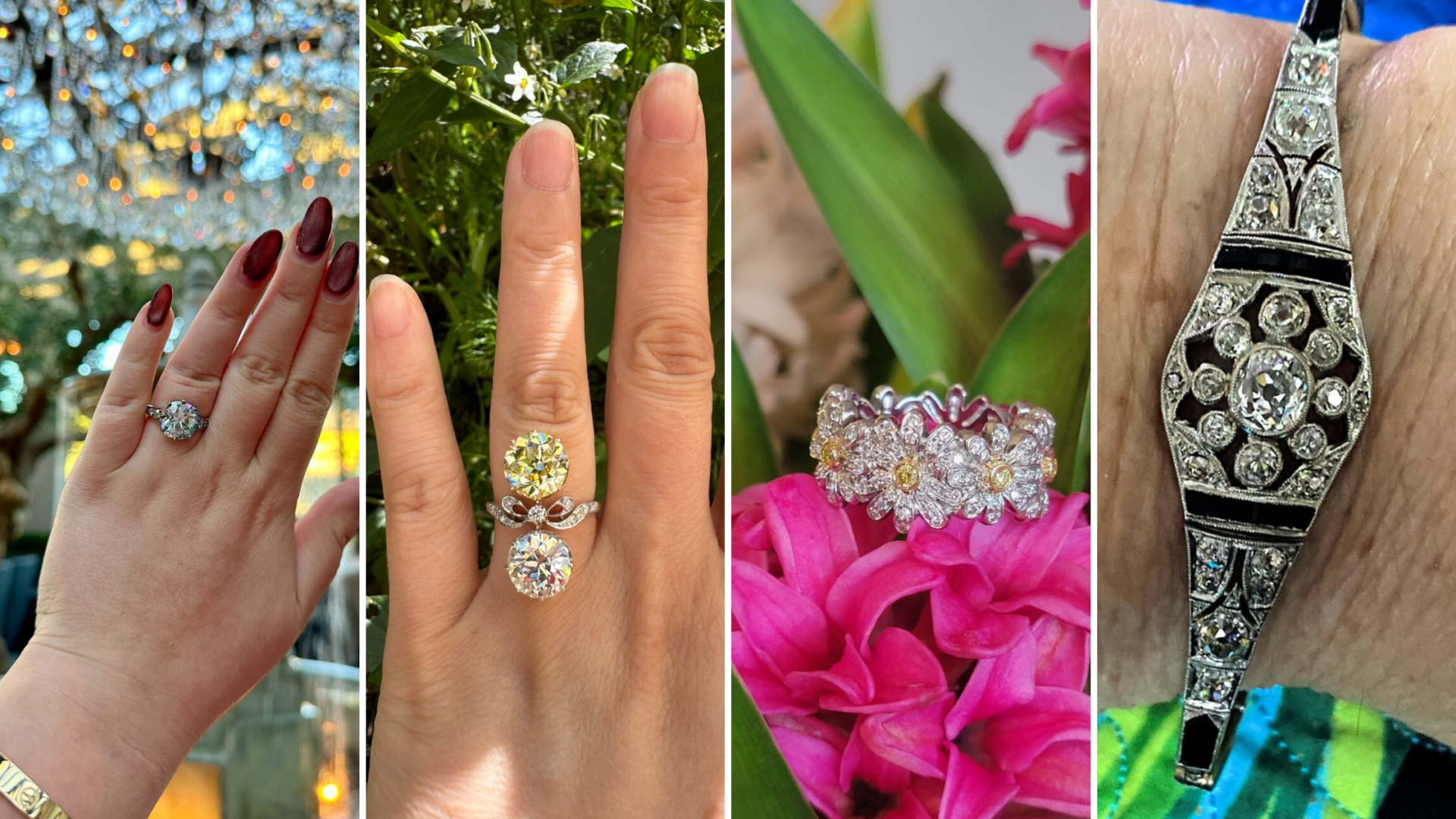- Joined
- Nov 3, 2009
- Messages
- 7,589
I bought a sliding millimeter gauge with stone tray on ebay. It is very convenient to use, so I decided to take "vitals" of some stones that I have purchased. The first one was my CC garnet (poor guy!). I put him into the tray and measured the diameter. Then I thought, no it is not enough, let me measure the depth! Maybe I shall end up ordering a setting for it from Sally. So I put it on the side and squeezed from both sides...and then it hit me, the gauge is made of some hard metal, it can scratch the garnet! So far I have not seen any scratches on it, but still. My spinel and tourmaline got it lighter anyhow.
So can a gauge scratch a softer stone, like a garnet? And given its use, why make it out of some hard material?
So can a gauge scratch a softer stone, like a garnet? And given its use, why make it out of some hard material?





300x240.png)